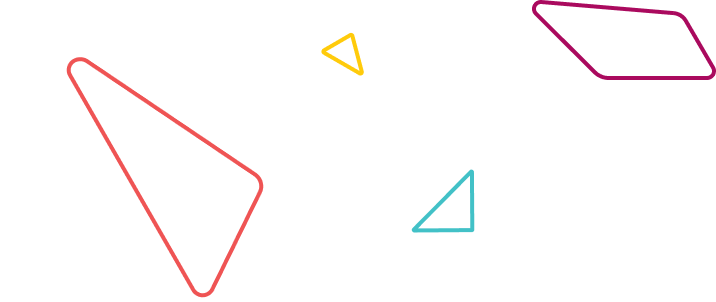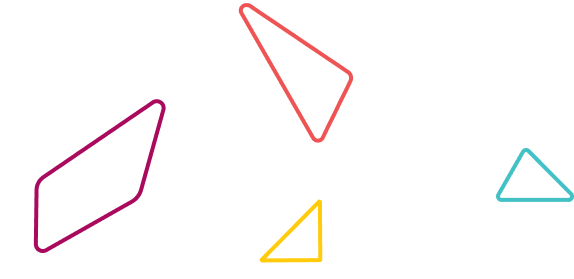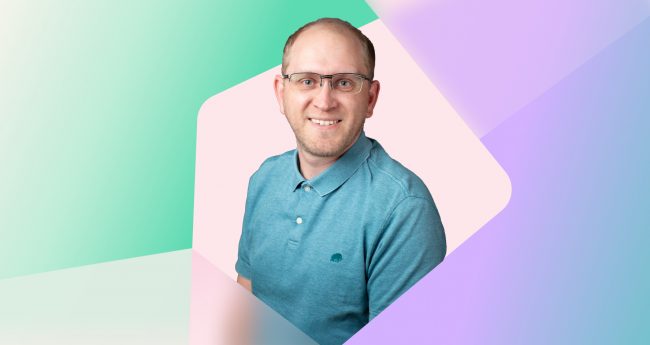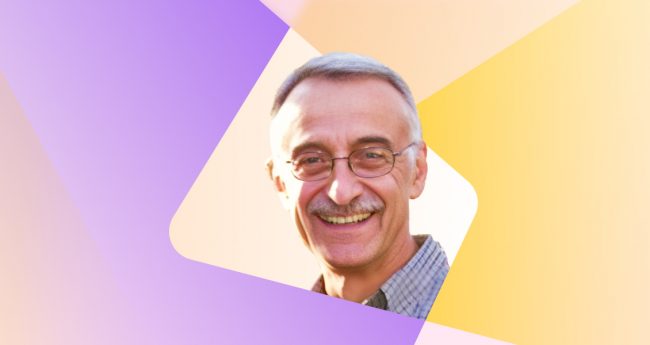Lack of Problem-Solving Experiences in Recitations
Recitations (aka ‘discussion sections’) may be a place for rigorous practice of conceptual knowledge, but they face obstacles that undermine their potential learning impact.
While discussion section sizes seem small compared to lecture halls, students bring a wide range of abilities and interests, and instructors struggle to provide personalized guidance to all. These sections can vary from TA-to-TA, resulting in an uneven learning experience for all students. Some instructors turn to technology, such as clickers, to solve these problems but they actually introduce a host of new issues:
- Confining students to a lock-step pace – Pacing is mismatched and rewards those who are already competent with subject-matter knowledge while leaving students who struggle behind.
- Limiting student problem-solving – Question types are typically multiple-choice with no chemistry-specific scaffolding to the learning process.
- Preventing convenient access to questions – Students are unable to easily review the questions later at their own pace or with the core instructor.
Scott Reid, Chair and Professor of the Department of Chemistry at Marquette University, understands the need for meaningful change to traditional recitation classes. Scott is no stranger to redefining the way chemistry is taught. In addition to his leadership roles on the ACS Committee on Professional Training and ACS Petroleum Research Fund Advisory Board, he has published chemical education projects studying the impact of flipped classrooms. Scott has always looked for ways to make his General and Organic Chemistry classes more impactful.
Despite his vast repertoire of experience and expertise, Scott’s struggles were significant and remain universal. “There’s a real diversity of preparation and also interest in chemistry, and that makes the large Intro courses challenging to teach.” While we can never control the levels of chemistry skills, knowledge, and preparation for students arriving in our classrooms, Scott manages these challenges with an active learning approach. He infuses problem-solving everywhere: during lecture time, robust practice in recitations, weekly study sets, and quizzes. “The pattern in my classroom is that I cover material in lectures, say in week one. In week two we cover it in discussion with small group problem solving, then there’s a quiz on it.”

Finding the Right Solution
So how does Scott manage to create all these problem-solving experiences for his highly structured class scenarios? A former clicker user, Scott turned to the simple solution of Aktiv Chemistry. Finding the right interactive questions beyond multiple-choice for practice is easy for Scott.
When instructors have to keep questions fresh for students all the time, access to a 15,000+ question bank available in Aktiv Chemistry is nothing short of advantageous. Of course, time is also invaluable for an instructor, and if you’re like Scott and teach multiple sections of a class you want to make sure you make the most of it. “A great advantage that I like in Aktiv Chemistry is that you have a time balance,” in reference to the approximate completion times for each question available in the platform’s library. “So you can see ‘OK, how long is it going to take a student to do this.’”
On top of that, Scott isn’t the only fan of Aktiv Chemistry in his classroom. His students love that it’s accessible and affordable to use. With the rising cost of tuition in recent years, saving every bit is important to students. “Aktiv Chemistry is a really low time investment cost thing, and actually low cost for students as well.”¹
Peace of Mind After Aktiv Chemistry
Before Aktiv Chemistry, Scott’s class routines weren’t nearly as refined as they are now. In his TA-led discussion sections, clickers locked and limited the pace of student learning.
Students in a classroom naturally have different levels of understanding. Answering questions one by one only benefits those are already ahead, and limits those needing additional assistance.
With Aktiv Chemistry, Scott is now able to push out multiple questions, overcoming the barrier of a lock-step pace that exists with clickers.
Additionally, recitations have now become an active learning environment to deepen conceptual understanding, “And because you can push out several questions, it allows you to probe that topic in more depth.”
While the plethora of available practice questions is great in and of itself, Scott finds further value in Aktiv Chemistry’s immediate, pedagogically intelligent feedback system. Students are able to receive guidance as they work through practice problems from the platform itself.
Oftentimes students are hesitant to seek help when they struggle during problem-solving. Scott and his TAs effortlessly monitor students’ progress with Aktiv Chemistry and intervene in real time, something that wasn’t possible with clickers. “If you just throw out a ‘Who’s got questions?’ to students, they are often reticent to answer that. On the other hand, [with Aktiv Chemistry] you can monitor in real time and say ‘Only a third of you have answered this problem, let’s take a look at that, help me work through this.’ Not show them how to do it, but lead them through it.”¹
Giving Every Student a Chance
As any instructor would agree, giving every opportunity for your students to succeed is a top priority. Students usually have to hastily copy down notes from PowerPoints in clicker-style recitations. Some even resort to snapping pictures of dull whiteboards, only for said pictures to collect digital dust as they are buried under memes, selfies, amongst other things. Aktiv Chemistry’s practice assignments, however, can be accessed whenever, wherever for Scott’s students. They can even work through problems on their phones and on the go. “The practice feature never expires, students can do it unlimited times essentially. That’s value added in terms of preparation for the quizzes.”
For those students who still struggle, Scott’s doors are always open for office hours. “If let’s say they were in the discussion section and they really weren’t getting a problem and they talked to their TA about it and they still weren’t getting it.. Now that’s a point in which they can hopefully say ‘Okay, I’m going to go into office hours and talk about this problem.’” Since Aktiv Chemistry has so many questions to choose from, Scott takes solace in the fact he can provide a unique learning experience with completely new problems to help students during his office hours. “I would just pull up other problems you know from the question bank and just say, ‘Okay, well, that’s one problem but let’s try a couple others that are similar to that.’ And that again is a great advantage because you’re allowing students to see okay, these problems are really interrelated … It’s not just about solving this one problem and then trying to memorize.” Aktiv Chemistry lets Scott create problem-solving experiences for his students whether they’re in the lecture hall, recitation, or outside of the classroom.
Ready to take Recitations One Step Further?
See how Aktiv Chemistry can lead to more impactful problem-solving experiences and discussions in your class, schedule a free demo with us today!






